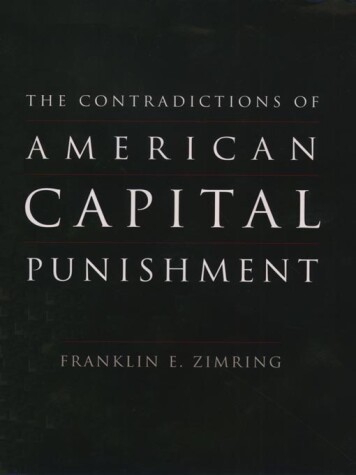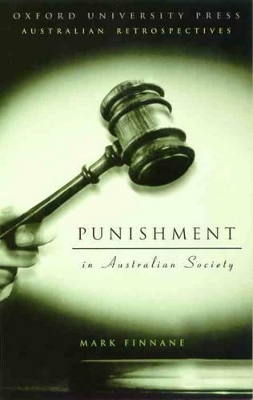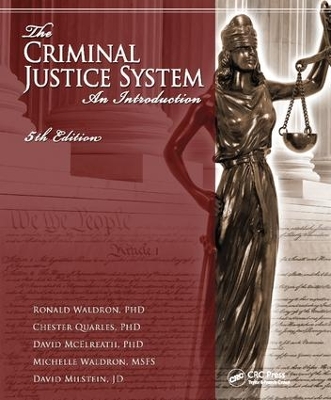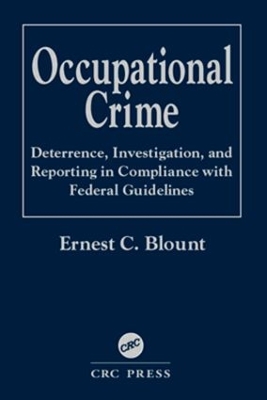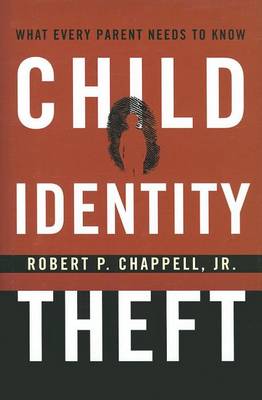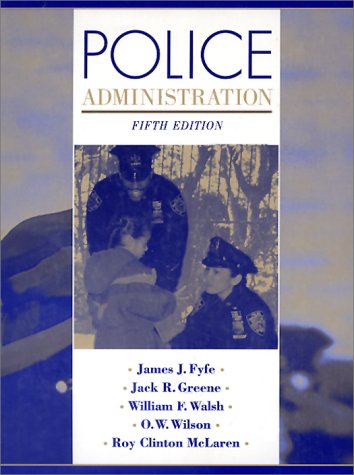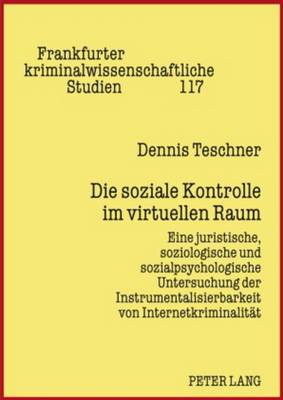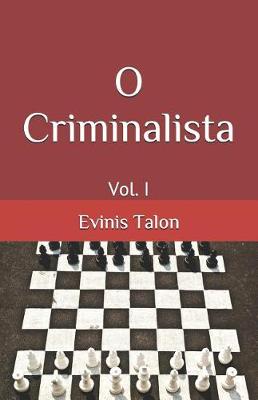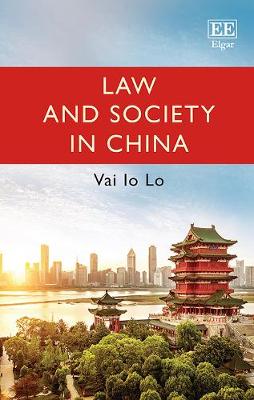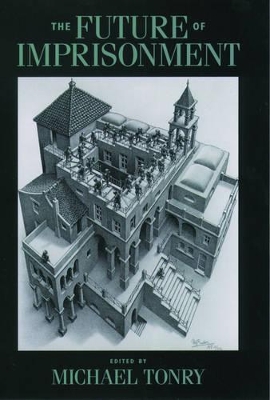The Contradictions of American Capital Punishment (Studies in Crime and Public Policy)
by Franklin E. Zimring
Why does the United States continue to employ the death penalty when fifty other developed democracies have abolished it? Why does capital punishment become more problematic each year? How can the death penalty conflict be resolved? In Contradictions in American Capital Punishment, Frank Zimring reveals that the seemingly insoluble turmoil surrounding the death penalty reflects a deep and long-standing division in American values, a division that he predicts will soon bring about the end...
Experts on both side of the issue--including Paul Cassell, Alexander Kozinski, Louis Pojman, Stephen Bright, Hugo Bedau, Bryan Stevenson, Joshua Marquis, and Governor George Ryan--speak out both for and against capital punishment and the rationale behind their individual beliefs.
The book will cover a number of legal cases where statistical evidence helped to clarify the issues, determine the relevance and value of evidence, and understand the application of the relevant law to particular situations. It will explain the role of data and the analysis of data in public policy formulation and application in such fields as employment, education, health, the environment, finance, and criminal justice. The book will be organized in chapters that can stand alone but as a whole...
The convict origins of European settlement in Australia have long attracted the attention of novelists and historians. But what effect have these origins--and Australian society's preoccupation with them-- had on later institutions and modes of punishment? This book explores the question through a study of imprisonment and other forms of punishment in Australia since European settlement. It examines the social, cultural, political, and historiographical aspects of this important subject, and sho...
The Criminal Justice System: An Introduction, Fifth Edition incorporates the latest developments in the field while retaining the basic organization of previous editions which made this textbook so popular. Exploring the police, prosecutors, courts, and corrections, including probation and parole, the book moves chronologically through the different agencies in the order in which they are usually encountered when an individual goes through the criminal justice process. New in the Fifth Edition:...
Abuse of Process in Criminal Proceedings (Criminal Practice)
by David Young
Setting out the law relating to abuse of process in criminal law, it analyses the underlying issues and draws together the evolving case law on different aspects of abuse of process including delay, breach of promise, the destruction of evidence, non-disclosure, entrapment and extradition. In the last six years there has been a significant amount of new law relevant to the development of abuse of process in criminal proceedings under an evolving definition of abuse of process. - The new edition...
In 1973, the central office of the German police, the Federal Criminal Police Office, was legally obliged "to maintain the necessary facilities for...research in forensic science", "to monitor crime trends and compile analytical reports and statistics on this basis", and "to conduct research with a view to developing police methods and procedures for crime control". This task is undertaken in the Research and Training Institute by the research units on criminology and criminal investigation and...
DID YOU KNOW?While organizational entities cannot be sent to prison, they can be heavily fined, ordered to make restitution, placed on probation, forced to forfeit property, suffer public and stakeholder recriminations, and can be forced out of business. Avoid these unnecessary repercussions with Occupational Crime: Deterrence, Investigation, and Reporting in Compliance with Federal Guidelines. Whether you are starting from scratch or you wish to benchmark an existing program against another fra...
Police Administration (Political Science S.)
by O.W. Wilson, Jack R Greene, Roy McLaren, and William F. Walsh
Perhaps no other book in policing has captured more admiration and market share than O.W. Wilson's "Police Administration". Now Wilson's text has been revised by three top scholars in the field. This long awaited revision combines the nuts and bolts approach of the original with an up-to-date theoretical and policy perspective that makes it accessible to students and practitioners alike.
Looseleaf for Cj: Realities and Challenges
by Dr Ruth E Masters, Lori Beth Way, Phyllis B Gerstenfeld, Bernadette T Muscat, Michael K Hooper, John P J Dussich, Lester Pincu, and Candice A Skrapec
The Life and Death of Sacco and Vanzetti (Civil liberties in American history)
by Eugene Lyons
Die Soziale Kontrolle Im Virtuellen Raum (Frankfurter Kriminalwissenschaftliche Studien, #117)
by Dennis Teschner
Diese interdisziplinar angelegte Arbeit beschreibt zunachst die mediale sowie die rechtsdogmatische Konstruktion eines vermeintlichen rechtlichen Vakuums. Beide Ebenen erganzen sich und nahren kontinuierlich den Eindruck, es bedurfe einer standigen Verengung sozialer Kontrollmechanismen. Dies wiederum macht es den Menschen in einer digitalisierten Welt immer schwerer sich der zunehmenden UEberwachung zu entziehen. Anhand verschiedener sozialpsychologischer Ansatze und anhand des Foucault'schen M...
Die Strafrechtliche Bewertung Der Sterbehilfe de Lege Lata Und de Lege Ferenda
by Fabian Schafer
Examining the interplay between law and society from imperial to present-day China, this synoptic book traces the developments of law in Chinese societies. Vai Io Lo investigates the role of law in social governance, discussing China's ongoing reforms towards the rule of law with Chinese characteristics. Offering a comprehensive overview of the interaction between law and society in China, this book simultaneously provides a glimpse of China in terms of history, polity, society, economy and ph...
Future Energy will allow us to make reasonable, logical and correct decisions on our future energy as a result of two of the most serious problems that the civilized world has to face; the looming shortage of oil (which supplies most of our transport fuel) and the alarming rise in atmospheric carbon dioxide over the past 50 years (resulting from the burning of oil, gas and coal and the loss of forests) that threatens to change the world's climate through global warming. Future Energy focuses o...
The Criminology of Pleasure offers a new way of thinking about crime and crime control, as it maintains that the very rationale of the criminal justice system lies in the channelling of desire and regulating of pleasure. Criminology has only confronted the importance of the desire/pleasure nexus tangentially: through the reference to transgression, resistance and edge-work, and in its concern with social marginalization. The Criminology of Pleasure, however, argues for the fundamental importance...
Significant advances in DNA analysis techniques have surfaced since the 1997 publication of the bestselling An Introduction to Forensic DNA Analysis. DNA typing has become increasingly automated and miniaturized. Also, with the advent of Short Tandem Repeat (STR) technology, even the most minute sample of degraded DNA can yield a profile, providing valuable case information. However, just as the judicial system slowly and reluctantly accepted RFLP and AmpliType(R) PM+DQA1 typing, it is now scrut...
It's 1983 and best friends Vicky and Lucy swear that they will always be there for each other, that they'll never let anyone come between them. But fast forward 4 years and life on the Canterbury Estate has gotten very messy. Lucy has fallen for local policeman's son, Jimmy. And Vicky is madly in love with Paddy, the charming but ruthless local bad boy. The boys are bitter enemies and determined to keep the two girls apart. But then Vicky is accused of murder, and even her drug-dealer...
The Future of Imprisonment
The imprisonment rate in America has grown by a factor of five since 1972. In that time, punishment policies have toughened, compassion for prisoners has diminished, and prisons have gotten worse-a stark contrast to the origins of the prison 200 years ago as a humanitarian reform, a substitute for capital and corporal punishment and banishment. So what went wrong? How can prisons be made simultaneously more effective and more humane? Who should be sent there in the first place? What should happ...
